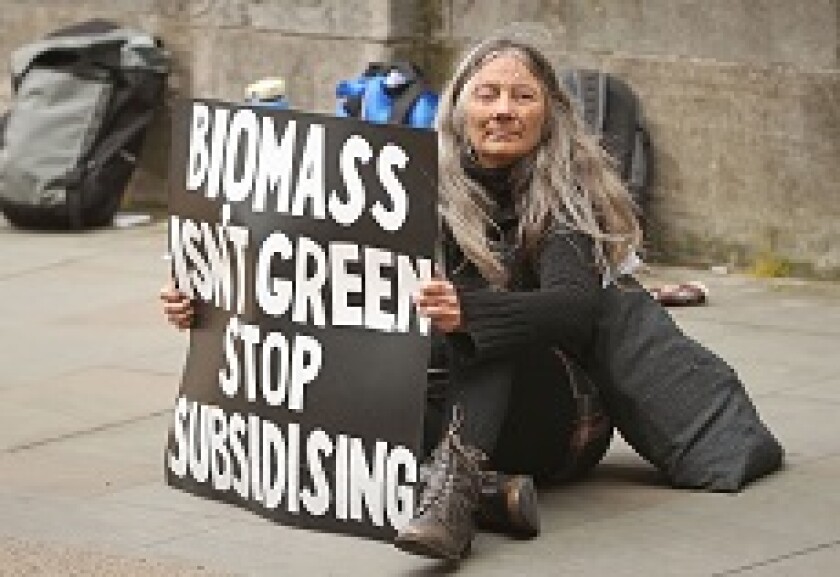The efficient market hypothesis — so influential in finance — holds that all public information is in the price (or ends up there pretty quickly). Theorists may never reach a consensus on how true this is, but certainly many people feel it does not tally with their experience.
Markets consist of people, and people are often irrational, move in herds, obsess about one thing and then about another, and generally run around like pigeons in a public square. The information the market is expecting — such as corporate results — gets disseminated pretty quickly, and the people who are paid to react to it do so. But even then, the market can seem to take results well or badly, depending on its mood.
When it comes to information the market is not looking for, or does not want to hear, it can take an appallingly long time for it to show up in the price.
Climate change is the most powerful example of such a market failure. The greenhouse effect was first posited in 1824 and had been backed up with experiments by 1859. In 1896, the Swedish scientist Svante Arrhenius, who later won the Nobel Prize, made a numerical prediction of global warming due to rising carbon dioxide.
By the 1980s, children were learning about this global danger at school; in 1989 Margaret Thatcher addressed the United Nations about the “irretrievable damage” threatened by climate change.
Yet finance professionals still find it acceptable to talk as if this is a recent discovery. Until a few years ago, “no one was focusing on it” was their excuse to do the same.
It is now well understood, except by a significant minority of right wing hardliners — who seem to hate the idea of climate change because tackling it will involve the rich making sacrifices — that burning fossil fuels causes global warming.
Many finance experts are still content to coast in their response to this information, however. As one eminent markets economist declared at a recent Euromoney conference: “I believe in climate change… I don’t believe in the disaster scenarios.”
Apparently he knows better than the Intergovernmental Panel on Climate Change, which predicts that only radical action before 2030 can still prevent warming of more than 2C, which would have catastrophic and probably unstoppable effects on sea level, weather and food supplies.
If his job is to guide clients on how to invest, his wrong view is probably right — in the sense of expedient. Prices for oil company stocks and bonds still imply business as usual for decades to come.
But the ultimate investors — individual savers — may not end up feeling grateful to such financial experts. If those prices are not corrected sharply in the next 30 years, we really have had it.
A particularly alarming inefficiency of communication has occurred around biofuels. Primary school science teaches that when you burn wood or oil made from plants, carbon dioxide and water vapour are emitted into the atmosphere.
This is the same chemical reaction as when coal, petroleum or natural gas are burnt. The precise quantities of CO2 emitted for each unit of energy derived can vary — but fossil fuels are generally more efficient, which is why they replaced wood during the industrial revolution.
Yet through an astonishing failure to grasp basic science, policy makers the world over have encouraged industry and households to replace fossil fuels with wood and other bio-based fuels, including ethanol.
Billions of dollars of public money has been spent to promote the biofuel industry, and, worse, the energy produced by it has been counted as zero or low carbon. Many of the statistics that show some, limited, progress at decarbonising the energy system are in fact inflated. The achievements so far are much less than is claimed.
The myth that biofuels are green is at last starting to crack. More and more voices are being raised to point out the perils.
Last week, ShareAction, a UK NGO, published a study of 15 major European banks, the 20 biggest European and US asset managers and 10 top European utilities. It showed that, even though all these actors accept the reality of climate change, they have very limited or no understanding of the role biofuels play — that, in the report’s words, “biomass urgently deserves greater attention because the climate impacts can be more significant than for coal”.
The internet is thick with arguments about the pros and cons of different biofuels. But nearly all these commentators ignore the most obvious point against them, which is that the promotion of biofuels relies on the fallacy that the emissions created when they are burnt do not count, because the carbon was previously extracted from the air when the plants grew.
This ignores the fact that the diversion of plant products to biofuel use did not create those plants from thin air. The forests, corn fields and other plantations were in nearly all cases there before, contributing to the world’s baseline carbon sequestration by plants.
The emissions from biofuels can only be considered as offset by plant growth to the extent that the biofuel economy has caused an increase in carbon sequestration on the land that supplies the biofuels, compared with what was happening before.
This is not new knowledge — it has been pointed out in various places over at least 13 years, and has probably been obvious to thoughtful scientists and lay observers for decades.
That this plain truth has been hidden by so much verbiage and false description shows the power of self-interest to delude people, and enable them to delude others — and the shocking vulnerability we humans and our markets have to collective error.
See also:

